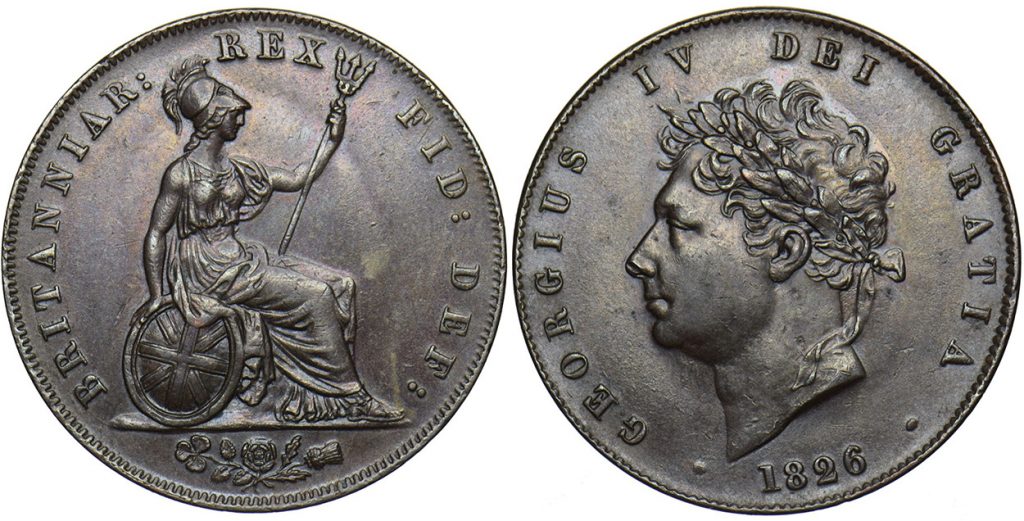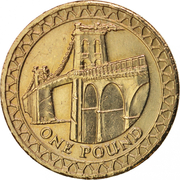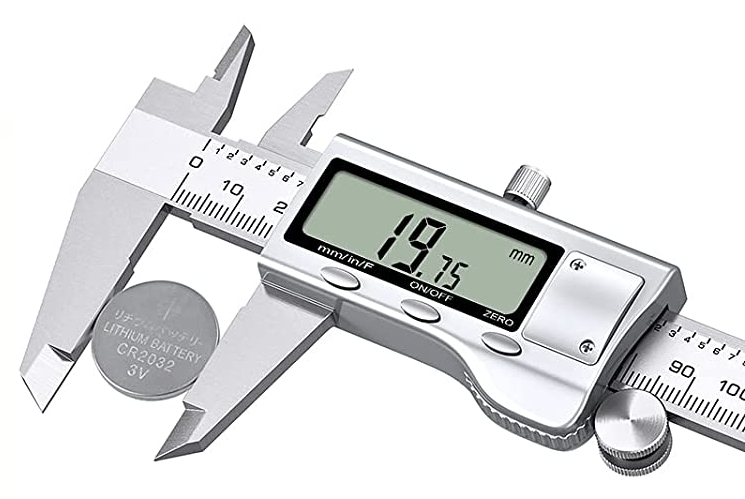Some coins can be tricky to identify due to using the same designs on multiple denominations, or having the same design on coins made from different materials. As collectors, we also need to watch out for fakes.
EXAMPLE 1 – Same design, different denomination
Great Britain’s Penny vs Half-Penny from 1825-1827.
These coins use the design on both obverse (head) and reverse (tail), and both are made of copper.
While the Half-Penny is smaller, unless you have both the penny and half-penny to compare, you will need to use some tools to correctly identify your coin.
Half-Penny
Weight: 9.45 grams
Diameter: 28 mm
Penny
Weight: 18.9 grams
Diameter: 34 mm

EXAMPLE 2 – Same design, same diameter, different metals
UK One Pound from 2005
Nickel brass: 9.5 grams
Gold: 19.62 grams

Using a basic ruler and kitchen scale can be a bit inaccurate when measuring to the mm or fraction of a gram, so it may be worth investing in a few tools to help.
To measure diameter within 0.01mm you can use a Caliper. Digital Calipers are easiest to use, and you can buy from a hardware store like Bunnings for about $20.

For accurate weight to 0.01 grams, you can buy a Portable/Jewellery Digital Scale. These can be found at electronics stores like Dick Smith for about $20, or you can find them on eBay for about $10.

